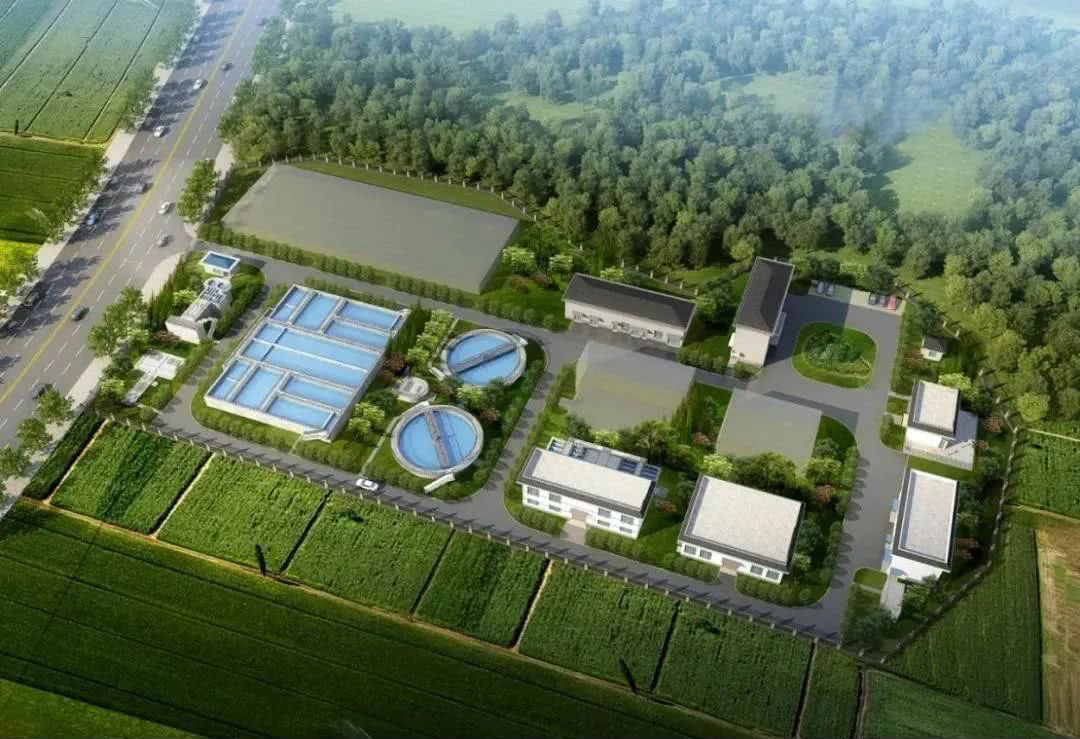- Multi-Disc Screw Press
- Dissolved Air Flotation
- Pretreatment Screens
- Lamella Clarifier
- Sludge Treatment
- Aeration
- MBBR
Office Add:Union Building 11 floor, 8th industrial street, Wuxi, Jiangsu, China
Factory Add:Xibei H-Tech Park Wuxi Jiangsu China
Tel: 0086 138 1256 5699
E-mail: jenny@norsenep.com;sales@norsenep.com
How to optimize biological wastewater treatment systems
Poster:Norsen │ Time:2021-08-18
How to optimize biological wastewater treatment systems? By understanding the normal range of operation and how to optimize the biological wastewater treatment system to clarify the operating cost of the wastewater system.
Improve the performance of biological wastewater treatment systems Using the parameters listed after systematic testing to establish a biological wastewater treatment system, so as to understand the normal range of operation and how to optimize biological wastewater treatment systems, operators can begin to implement active strategies aimed at improving the overall health of the biomass and optimizing system performance. This can produce many benefits that affect the bottom line of the factory, such as reducing the energy consumption of regeneration blowers, reducing sludge production and related disposal costs, and reducing surcharges due to non-compliance with discharge permits. In many cases, operators can improve the performance of biological wastewater treatment systems by taking very simple steps, such as maintaining proper and consistent loading rates to avoid "feast or famine" feeding procedures.

Simply maintaining proper communication channels with operators of industrial facilities can also greatly help prevent problems and clarify the operating costs of biological wastewater treatment systems. For example, if a biocide is to be introduced in a production plant for cleaning or disinfection, the wastewater treatment plant can be prepared by ensuring that there is sufficient volume in the EQ tank. The influent water can also be transferred to the disaster tank, where it is diluted and slowly introduced into the system, thereby avoiding the toxic impact on the biomass. Other changes in production inputs should also be communicated to the operator. The manufacturer does not know that the introduction of new grades of raw materials or crude oil mixtures may cause changes in the pH or alkalinity of the influent water. In the case of food and beverage manufacturing facilities, agglomerates of solids, fats, oils or greases can hinder solid-liquid separation and mixing. It can also "clog" attached growth media and reduce oxygen transfer. All of these will have a negative impact on the efficiency of biomass and increase the possibility of pollutants entering the wastewater treatment.
Clarify operating costs In addition to improving the performance of biological wastewater treatment systems, baseline system operations can also use data to detect deviations or abnormalities that may indicate problems or defects in the biological process, so as to clarify the operating costs of biological wastewater treatment systems and optimize biological wastewater treatment systems. Targeted measures can then be implemented to resolve issues before they cause surcharges or equipment failures. Advanced analysis can be applied to the data to identify potential patterns and long-term performance trends. In this way, plant operators can transform their maintenance strategy from reactive to predictive. Industrial organizations with the required resources and expertise may wish to perform monitoring and data analysis internally. However, outsourcing them to a professional third party is usually beneficial to factory operators. In this case, the service provider can perform data collection and analysis remotely. Outsourcing transfers the responsibility for the biological wastewater treatment process to a company with expertise in operation and maintenance. Operators can then devote key manpower in management, engineering, operations, and maintenance to core production activities. In addition, a structured agreement based on performance assurance requires service providers to be responsible for managing the operating costs and risks of providing biological wastewater treatment systems within a fixed fee structure. This can protect producers from unexpected costs. Service providers can manage all requirements related to staffing and maintenance, thus making the operating costs of biological wastewater treatment systems more predictable.
Tags: Optimize biological wastewater treatment systems, performance of biological wastewater treatment systems, costs of biological wastewater treatment systems
- How to choose Low Temperature Sludge Dryer2021-08-12
- How to optimize biological wastewater treatment systems2021-08-18
- Modern innovative wastewater treatment solutions2021-08-21
- Screening process in the wastewater treatment process2021-08-28
- Sewage treatment effect by dissolved air flotation2021-09-08
- Solid-liquid separation equipment2021-09-12
- The uses of sludge dewatering polymer2021-09-16





















